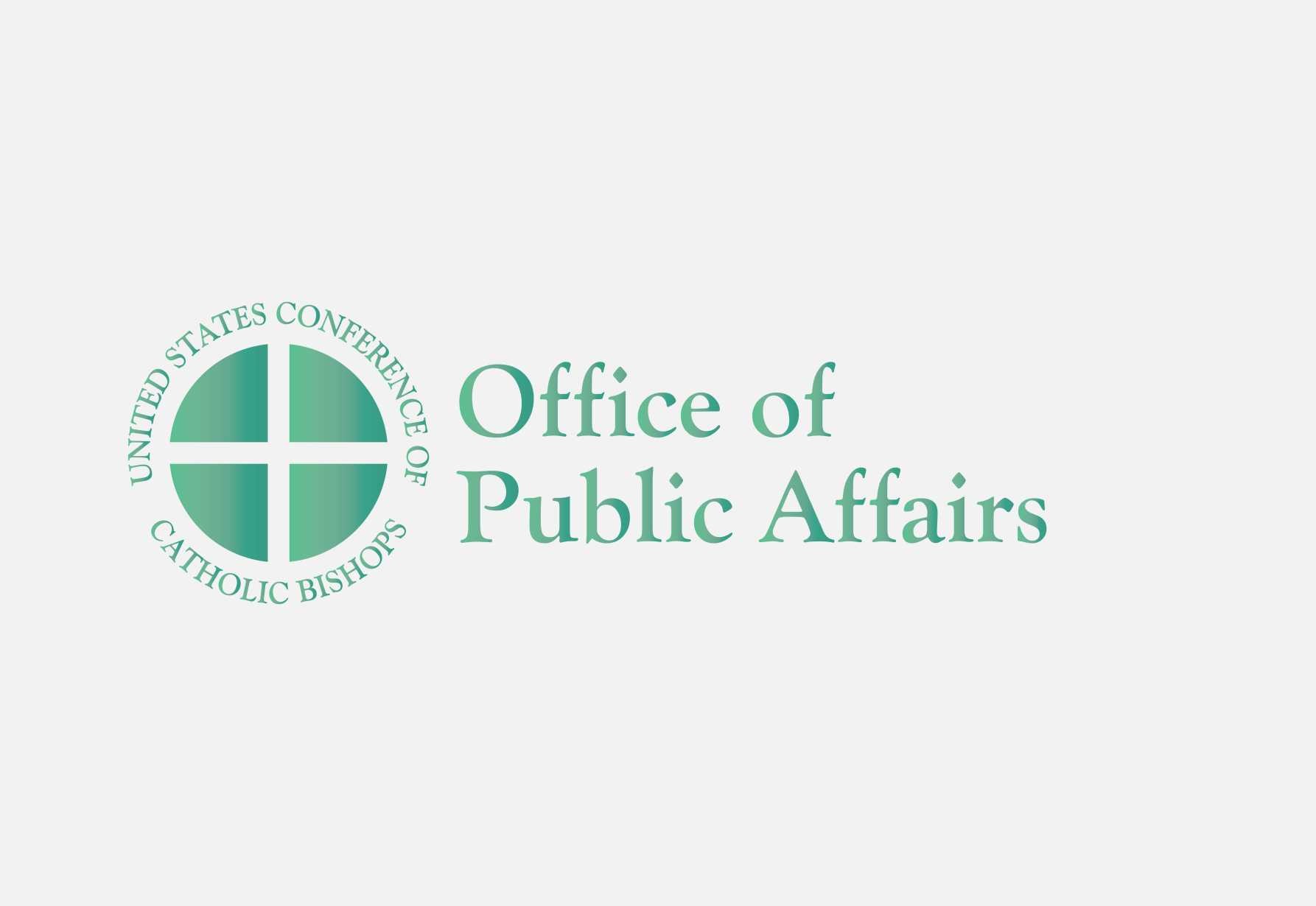U.S. Bishops Approve New Guidelines for Pastoral Ministries with Youth and Young Adults
The framework is the fruit of an extensive listening and dialogue process with youth, young adults, and ministry leaders, with care taken to address the realities impacting youth and young adults across the United States.

WASHINGTON – Last week at their annual June Plenary Assembly in Louisville, Ky., the bishops of the United States took up a vote on a national pastoral framework to guide ministries with youth and young adults. The document, “Listen, Teach, Send” is intended for use by pastors, ministry leaders, and families pastors.
While an overwhelming number of bishops voted in favor of approving the framework at the time of the vote during the plenary, the measure fell two votes short of meeting the threshold of two-thirds of the Conference membership to pass. Therefore, the bishops eligible to vote who were not present at the time the vote were contacted this week with the opportunity to cast their vote. As of the close of business on Monday, June 17, ten additional votes were secured for the measure to pass with 188 in favor of, 4 against, and 4 abstentions.
The U.S. Conference of Catholic Bishops’ Committee on Laity, Marriage, Family Life and Youth, chaired by Bishop Robert E. Barron of Winona-Rochester, developed the framework in response to “Christus vivit,” issued by Pope Francis in 2019 following the Synod on Young People. The framework is the fruit of an extensive listening and dialogue process with youth, young adults, and ministry leaders, with care taken to address the realities impacting youth and young adults across the United States.
Bishop Barron cited the Emmaus story (Lk 24: 13-35) as the inspiration and guide to the development of the framework. “Jesus gave us a wonderful example of how to accompany youth and young adults on their paths of life through the experience of the disciples on the road to Emmaus. This well-known and often cited biblical story has been emphasized by Pope Francis as a model for what happens in ministry work, and we also used it as our guide.
“Like the Lord on the road to Emmaus, we first listen to the stories, joys, and concerns of those we encounter along the way. We respond with dynamic, kerygmatic, and heartfelt teaching that shares the light of Christ and seeks to bring about a conversion of heart. And finally, we set the conditions in our ministries and families to send the young forth to follow God’s call for their lives, so that they might transform the world with love. This triptych of ‘listen, teach, and send’ serves as a solid foundation in our homes and churches from which we can build and engage young people.”
The primary audiences for the national framework are pastors, ministry leaders, and families. Two key goals are a revitalization of ministries with youth (teenagers) and young adults (those ages 18 to 30s) in Catholic faith communities and a renewal of intergenerational accompaniment in families.
In addition to the framework, the bishops also affirmed an introductory letter addressed directly to youth and young adults, assuring them of the love of God and the Church and encouraging them to engage more deeply with the Catholic faith.
The promulgation of “Listen, Teach, Send” comes on the fifth anniversary of Christus vivit, yet it is not the first time the U.S. bishops have spoken collectively on ministries with young people. Past documents addressing ministry with adolescents and/or youth have included: “A Vision for Youth Ministry” (1976); “Empowered by the Spirit” (1985) on college campus ministry; “Sons and Daughters of the Light” (1996) on ministry with young adults; and “Renewing the Vision” (1997). The USCCB also shared particular insights on pastoral juvenil hispana (Hispanic/Latino youth and young adult ministries) in “Missionary Disciples Going Forth with Joy: National Plan for Hispanic/Latino Ministry” (2023).
The full text of Listen, Teach, Send, as well as many accompanying pastoral resources, will be posted to the USCCB website: https://www.usccb.org/topics/youth-and-young-adult-ministries. Resources will include bulletin inserts, prayer materials, webinars and workshops, background information on youth, young adults, and ministries with young people, and implementation guides for church and family settings.
###
Media Contacts:
-
Chieko Noguchi

